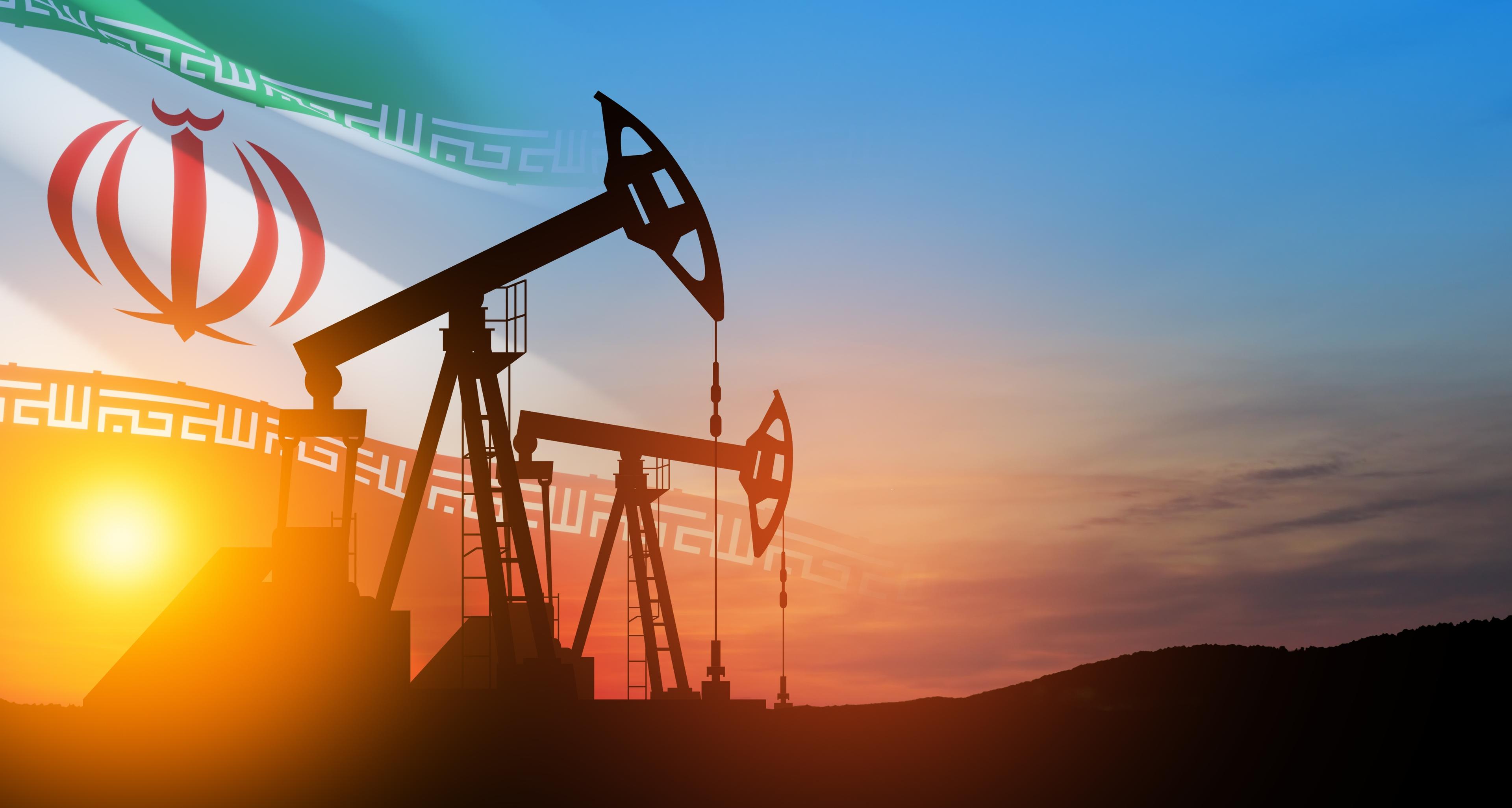Iran, Israeli Riposte
NBC reports: Israel will not attack nuclear sites
US officials claim that Israel has narrowed down Iranian targets. Despite identifying key targets, the officials say the timing and method of Israel’s potential strike remain unclear.

US officials believe that Israel has narrowed down its list of potential targets for retaliation following Iran's massive ballistic missile attack two weeks ago, NBC News reported.
The report suggests that while Israel plans to strike Iranian military and energy infrastructure, it has no intention of targeting Iran's nuclear facilities. A final decision on specific sites has not yet been made.
On October 1, Iran launched 181 ballistic missiles at Israel in what became the largest ballistic missile attack in history. While most of the missiles were intercepted, the attack forced millions of Israelis into bomb shelters.
US President Joe Biden has expressed opposition to any Israeli strike on Iran’s nuclear sites. When asked the day after the attack if he would support such a strike, Biden responded, “The answer is no.” He emphasized that Israel has the right to retaliate but should do so “proportionally,” without elaborating on specific actions. In another briefing, Biden added, “If I were in their shoes, I'd be thinking about other alternatives than striking oilfields."
Sources have informed CNN that Tehran is "extremely nervous" and has been urgently reaching out to Middle Eastern countries in a diplomatic effort to either reduce the scope of Israel's expected retaliation or secure aid in protecting Tehran.
The source indicated that Iran is particularly concerned about Israel’s response due to "uncertainty over whether the US can dissuade Israel from striking Iranian nuclear sites and oil facilities." Iran’s worries are compounded by the heavy blows Hezbollah, its most powerful proxy in the region, has suffered during Israel’s ongoing military operation in southern Lebanon.